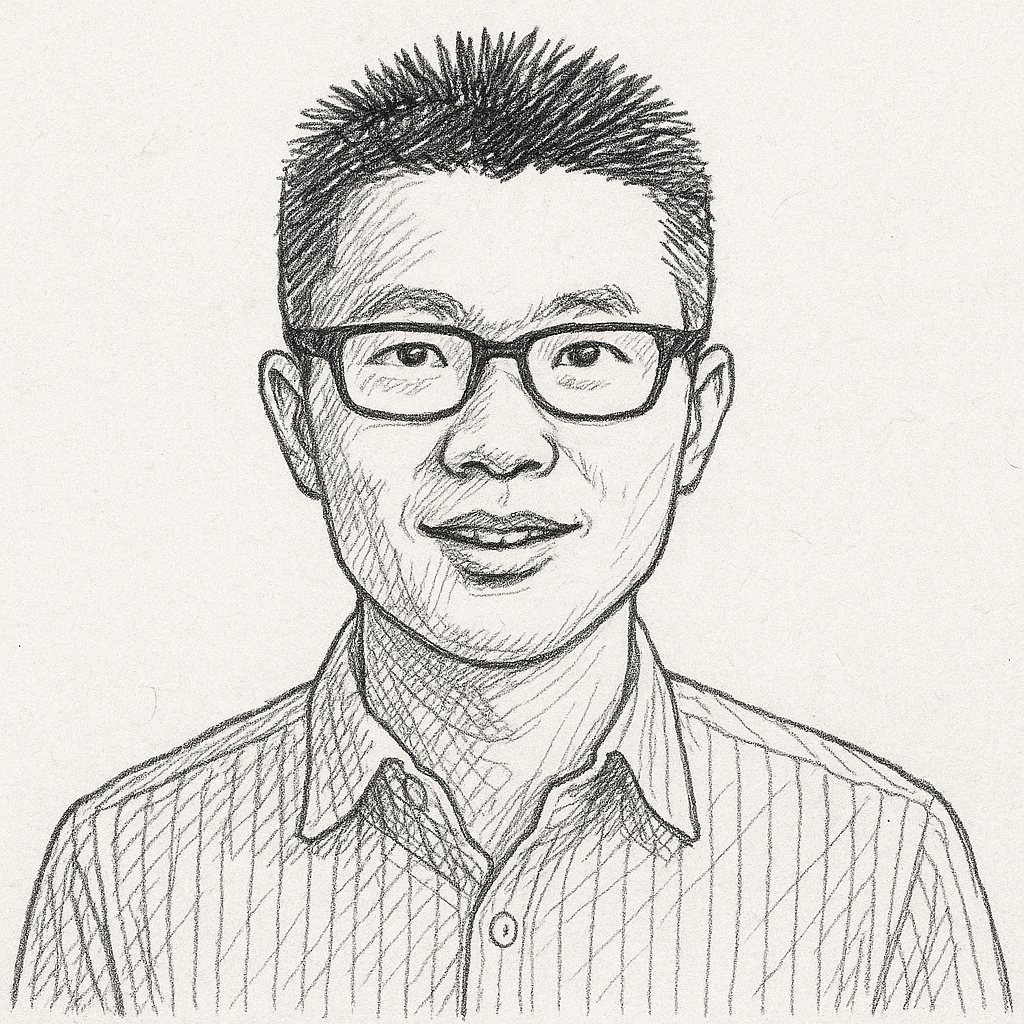The Challenge: Modern robotic systems must operate safely and robustly in dynamic environments where conventional assumptions about scene stability are constantly violated.
This workshop AIR4D explores the cutting-edge intersection of 4D robotics—where spatial perception meets temporal context—addressing the fundamental challenges of dynamic localization, real-time reconstruction, high-fidelity rendering, and generative modeling in ever-changing environments.
Through engaging keynotes, paper presentations, and interactive discussions, participants will discover state-of-the-art approaches that enable robots to not just perceive their environment, but truly understand its temporal dynamics. We aim to establish standardized benchmarks, discuss novel evaluation protocols, and foster cross-disciplinary collaborations that will shape the next generation of intelligent robotics.
Key Focus Areas:
- Dynamic Localization: Real-time positioning in changing environments
- Temporal Reconstruction: Building 4D world models from sensor data
- Differentiable Rendering: High-fidelity view synthesis for robotic perception
- Scene Generation: Creating realistic dynamic environments for training and simulation
Call for papers
We welcome full paper submissions. Papers must be between 5 to 8 pages in length, excluding references.
- Paper Length: Minimum of 5 pages, Maximum of 8 pages (excluding references).
- Format: Submit as PDF following the official IEEE RA-L template and guidelines.
- Review Policy: Submissions must follow rules for the Double-Anonymous Review Process.
- Dual Submission: Not permitted under IROS 2025 and AIR4D 2025 guidelines.
- Supplementary Materials: Optional videos, images, etc. can be uploaded as a separate zip file. The deadline matches the paper submission deadline.
- Presentation Requirement: At least one author of each accepted paper must attend and present the work in person.
- Presentation Format: Accepted papers will be presented either as oral or poster presentations.
- Conference Policy: Presentation rules follow the IROS 2025 main conference policy.
AIR4D Submission Portal
Via OpenReview
- Submission Opens: July 8, 2025, 11:59 PM AOE
- Submission Deadline: July 28, 2025, 11:59 PM AOE → Extended to Aug 9, 2025, 11:59 PM UTC-0
- Notification to Authors: Aug 18, 2025, 11:59 PM AOE
- Poster Camera Ready Deadline: Aug 28, 2025, 11:59 PM AOE → Extended to Sep 28, 2025, 11:59 PM UTC-0
Nectar Track Contributions
We invite submissions of already published works (at conferences, journals, or on arXiv) that are high-quality, well-documented, reproducible, original, and recent. Accepted papers will be presented locally at the workshop. Please indicate Nectar Track in OpenReview (under TL;DR).
Goal: Encourage discussions and knowledge exchange among practitioners by bringing influential prior work to the workshop.
Via OpenReview
- Paper Submission Deadline: October 13, 2025, 11:59PM UTC-0
- Notification to Authors: October 18, 2025, 11:59PM UTC-0
- Poster Camera Ready Deadline: October 22, 2025, 11:59PM UTC-0
Topics
We welcome submissions addressing intelligent robotics in 4D scenes. Relevant topics include, but are not limited to:
Establishing metrics, datasets, and benchmarks to evaluate performance in camera tracking, mapping, rendering, and scene understanding for dynamic environments.
Building 4D spatiotemporal models from multimodal sensor data, capturing geometry, motion, and dynamic interactions over time.
Integrating high-fidelity differentiable rendering pipelines to enable photorealistic view synthesis and perception-aware planning.
Creating interactive and realistic dynamic environments—both simulated and real—that reflect human-centric structures, behaviors, and semantics for training and evaluation.
Applying 4D scene understanding in robotics applications such as autonomous navigation, social robotics, and digital twins to enhance decision-making and human-robot interaction.
Keynote Speakers

Gim Hee Lee
Associate Professor, National University of Singapore.
Yulan Guo
Professor, Sun Yat-sen University Professor.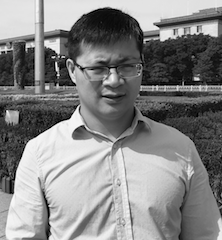
Guoquan (Paul) Huang
Professor, University of Delaware.
Liang Zhao
Reader, University of Edinburgh.
Lukas Schmid
Research Scientist, Massachusetts Institute of Technology.Workshop Schedule
| Time | Session | Duration | Details |
|---|---|---|---|
| 1:00 - 1:05 | Opening Remarks | 5 min | Welcome and Introduction to the Workshop |
| 1:05 - 1:35 - 1:40 | Gim Hee Lee | 30 min | Interaction with Our Dynamic 3D World |
| 1:40 - 2:10 - 2:15 | Yulan Guo | 30 min | Spatial Intelligence: 3D Scene Understanding and Generation for Future Robots |
| 2:15 - 2:45 - 2:50 | Guoquan (Paul) Huang | 30 min | Embracing Language: From VINS to VILN |
| 2:50 - 3:20 | Poster Session & Coffee Socials | 30 min | Networking and refreshments |
| 3:20 - 3:50 - 3:55 | Liang Zhao | 30 min | Simultaneous Localisation and Mapping and Image Guided Robotic Surgery |
| 3:55 - 4:25 - 4:30 | Lukas Schmid | 30 min | Understanding the Past, Present, and Future: Spatio-Temporal AI for Robot Autonomy |
| 4:30 - 4:55 | Oral Paper Presentations | 25 min | Selected contributions showcasing novel 4D methodologies and applications |
| 4:55 - 5:00 | Awards & Closing Remarks | 5 min | Best Paper Award announcements and future research directions |
Organization
Workshop Organizers
Organizing Commitee
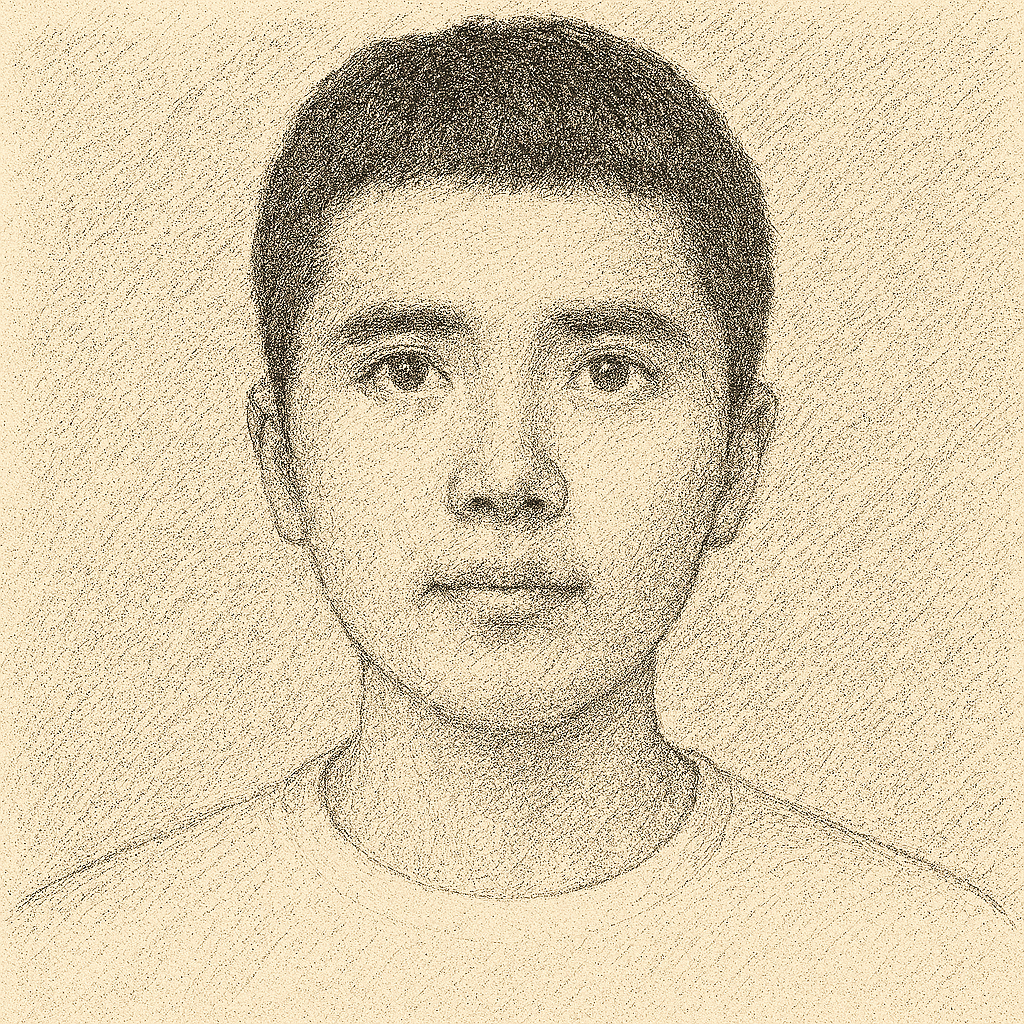
Yan Li
Postdoctoral Research Fellow, National University of Singapore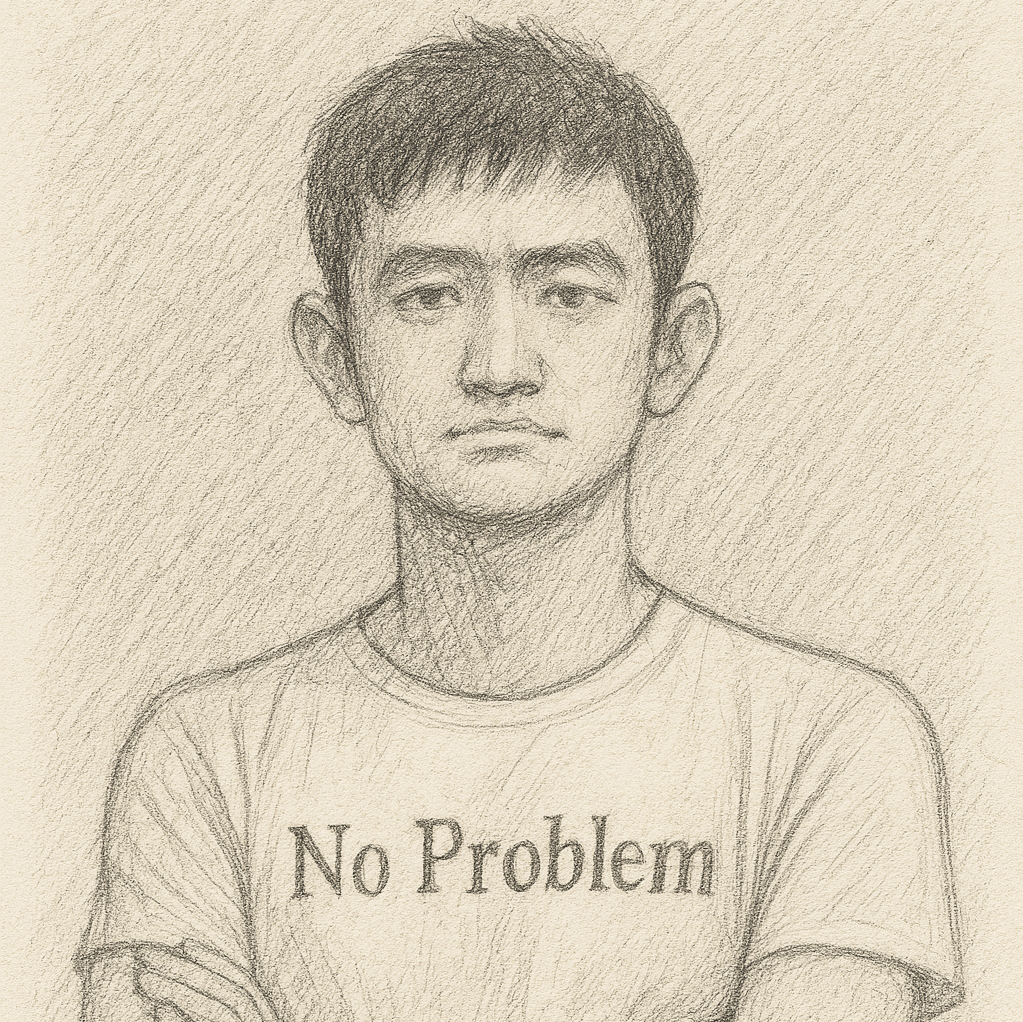
Xin Li
Ph.D. Student, Nanyang Technological University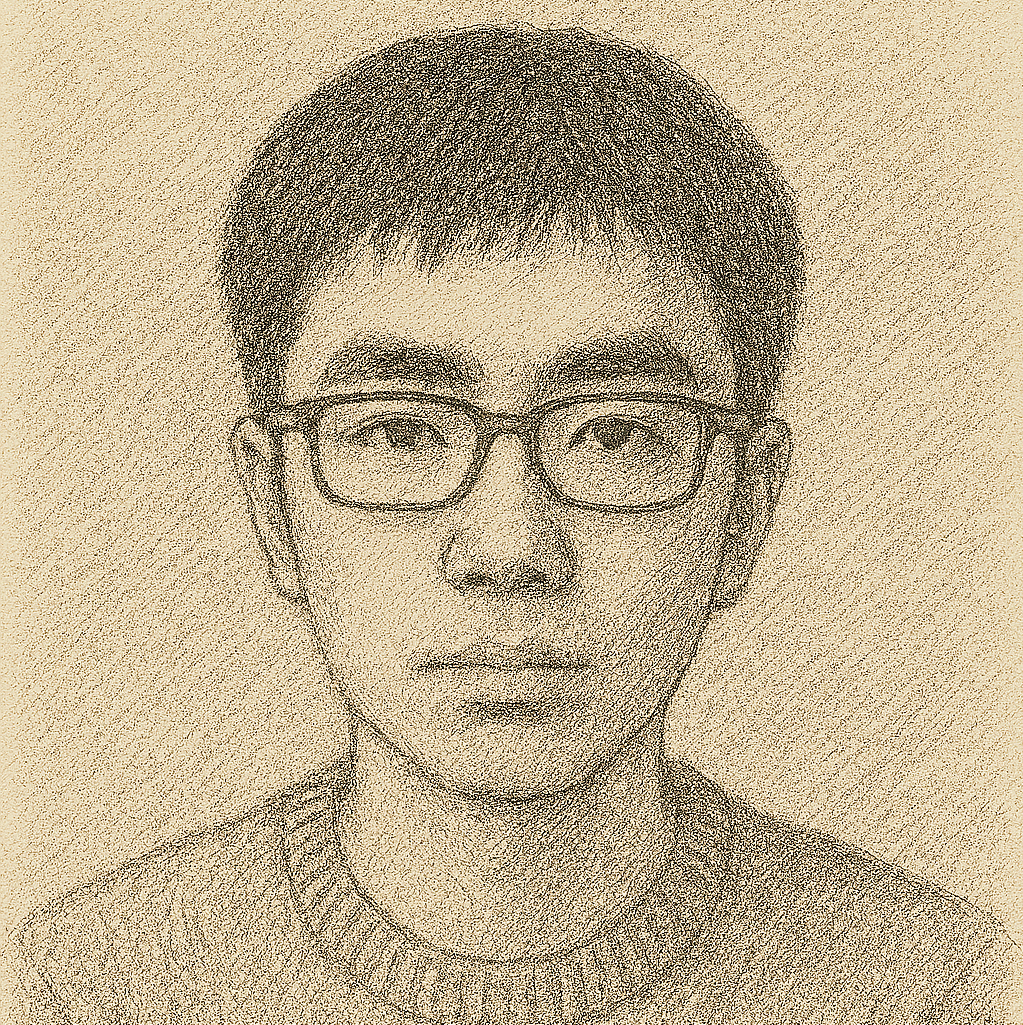
Yan Di
Ph.D. Student, Technical University of Munich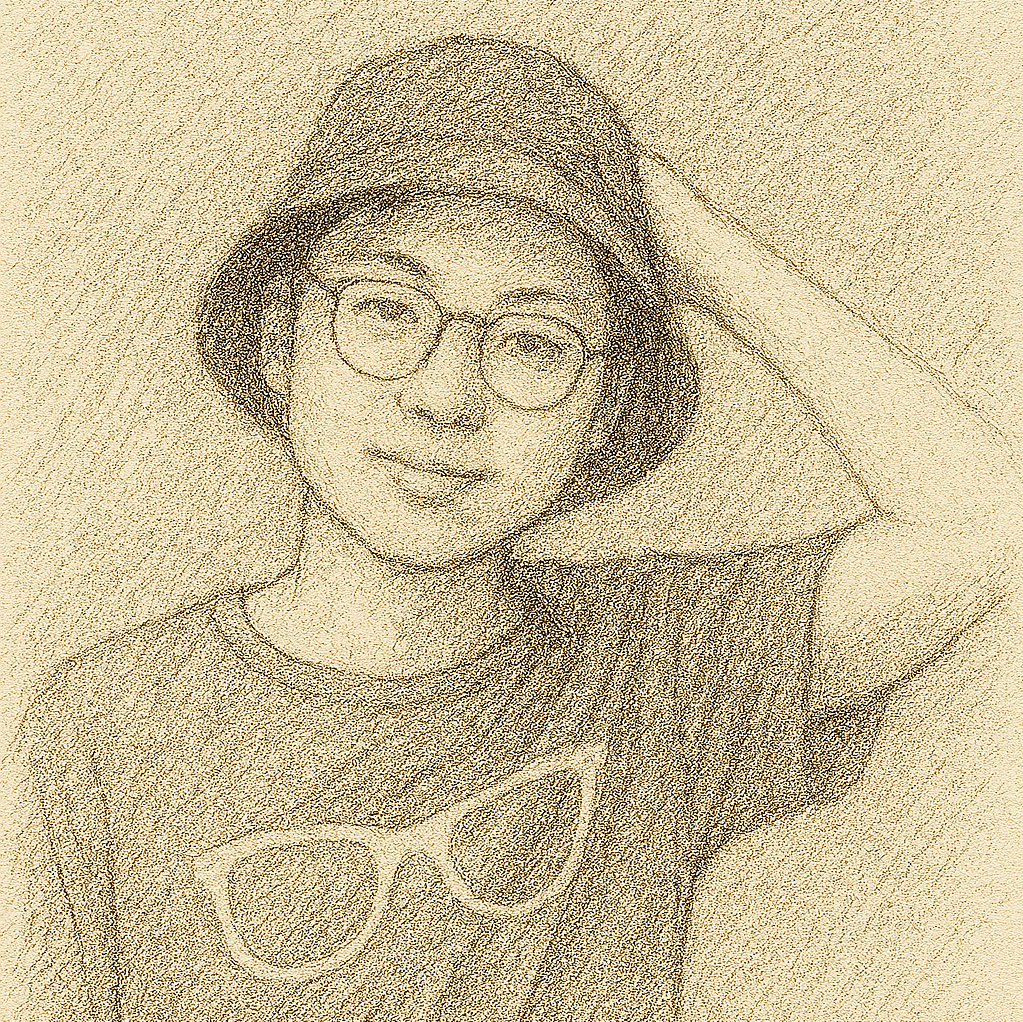
Ruida Zhang
Ph.D. Student, Tsinghua University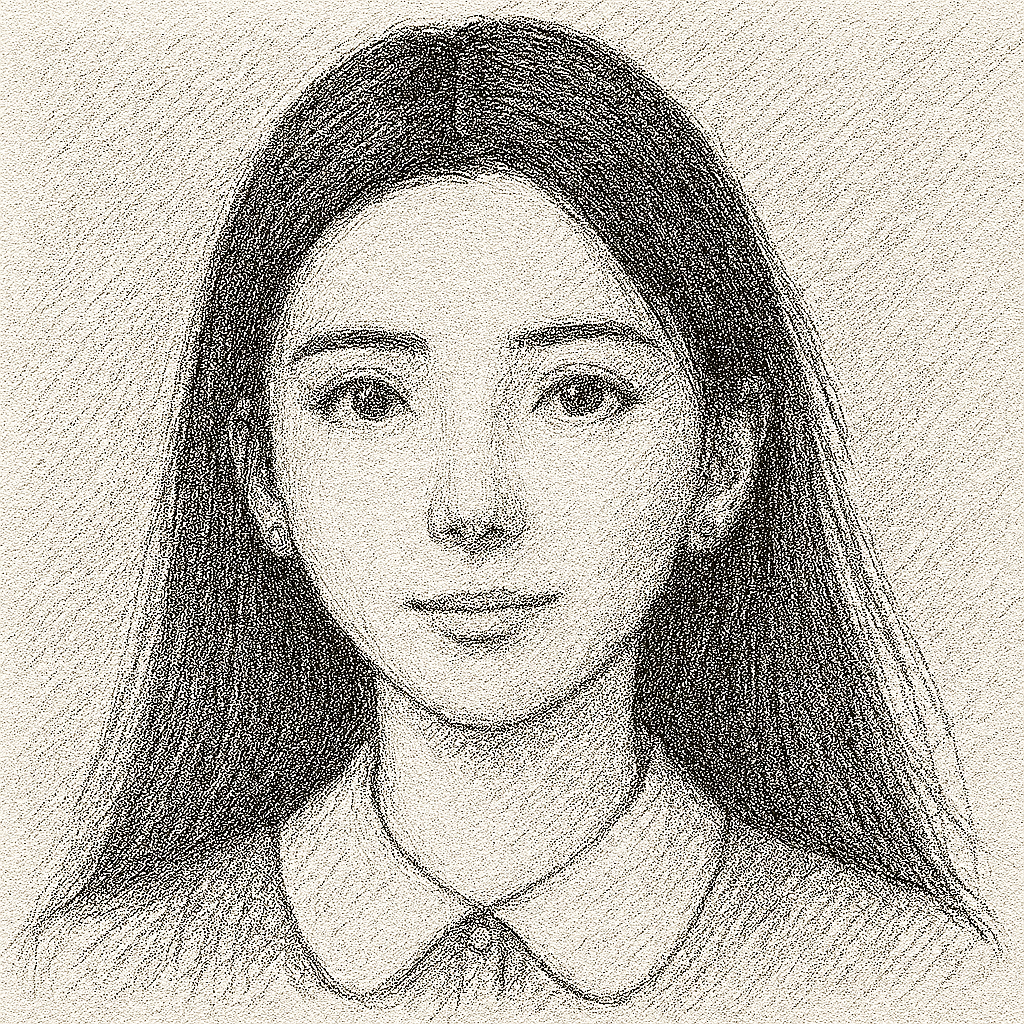
Xiangyue Liu
Ph.D. Student, Hong Kong University of Science and Technology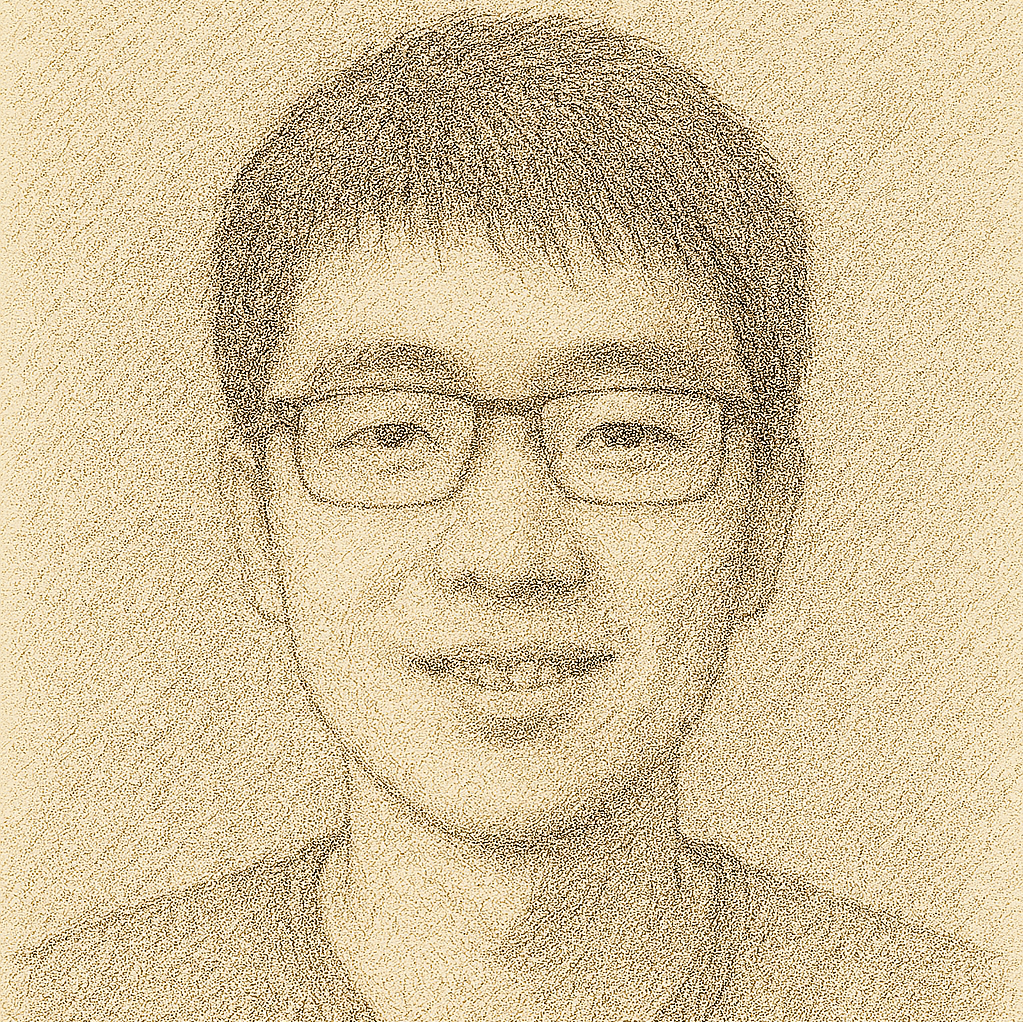
Yida Wang
Research Scientist, Li Auto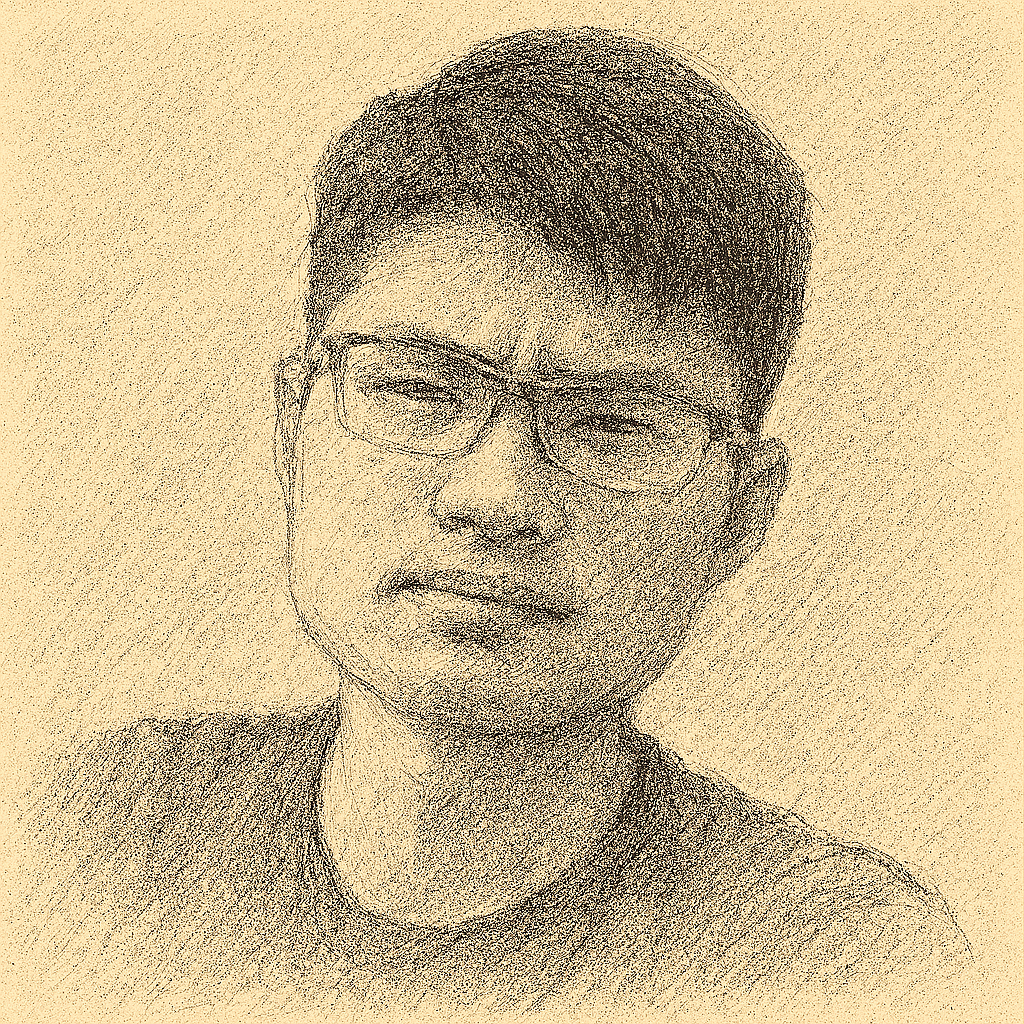
Zhongliang Jiang
Assistant Professor, University of Hong Kong